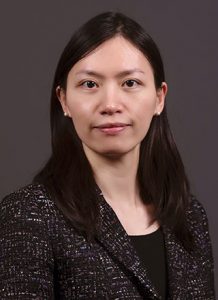
Detecting Deepfake Photos, Videos with a Computerized Brain
Imagine seeing yourself in a photo or video that was never taken, with your head possibly appearing on another person’s body. You’re likely a victim of a deepfake cyberattack — where cyber attackers expertly alter images and videos shared on a social media platform to fool people into believing what they are seeing is true.…

Mizzou Cyber Range to Focus on Cyber Pretense Strategies
Hackers are getting smarter about ways to steal sensitive information from the cloud. Now, a new “Mizzou Cyber Range” will train the next generation of cybersecurity professionals to fight back using cyber pretense strategies. Armed with new grant funding from the National Security Agency, Prasad Calyam and his team are building the Mizzou Cyber Range through the MU Center for Cyber Education, Research and Infrastructure.
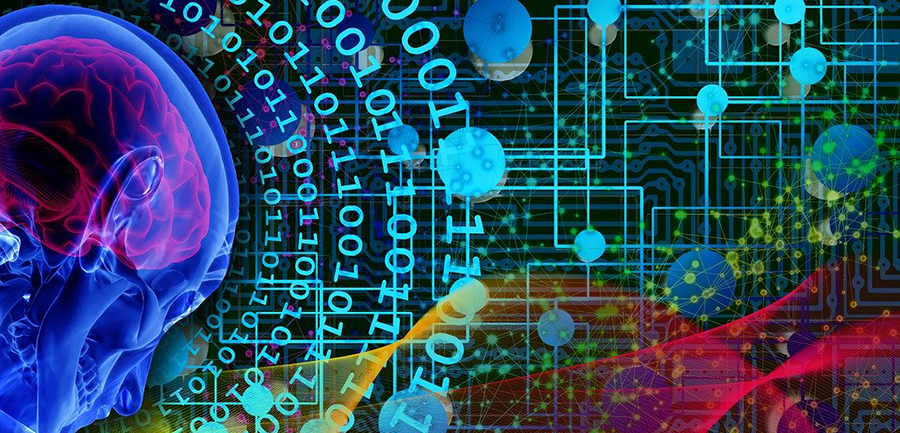
Mizzou Engineering Launches Certificate in AI and Machine Learning
Mizzou Engineering has launched a Certificate in Artificial Intelligence (AI) and Machine Learning (ML). The graduate-level program aims to help students and professionals gain the skills they need to compete in an AI-driven job market.
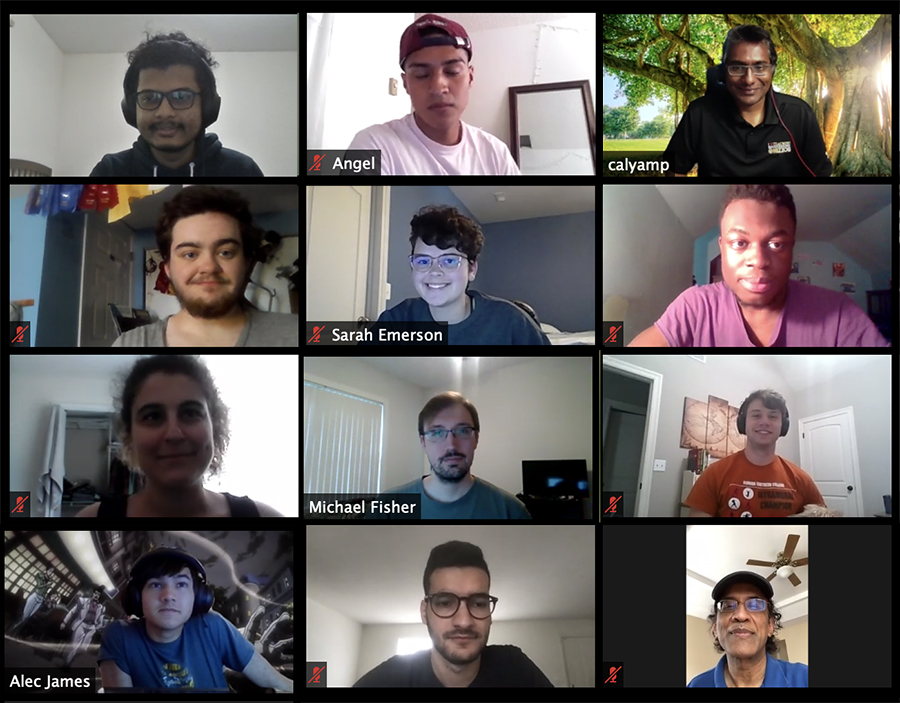
Undergraduates Conduct Research Through Mizzou REU
They analyzed data from medical records. Studied the impact of virtual learning environments. And came up with ways to better detect fake videos. In the end, participants of this year’s Research Experiences for Undergraduates (REU) program at Mizzou Engineering gained a deeper appreciation of research and how it applies to everyday life
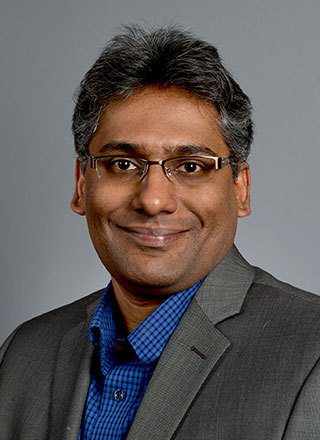
NSF Project to Advance Edge Computing
Edge computing has the potential to make our computers and devices run smarter and faster. Right now, though, the technology is in its infancy and not ready for prime time.
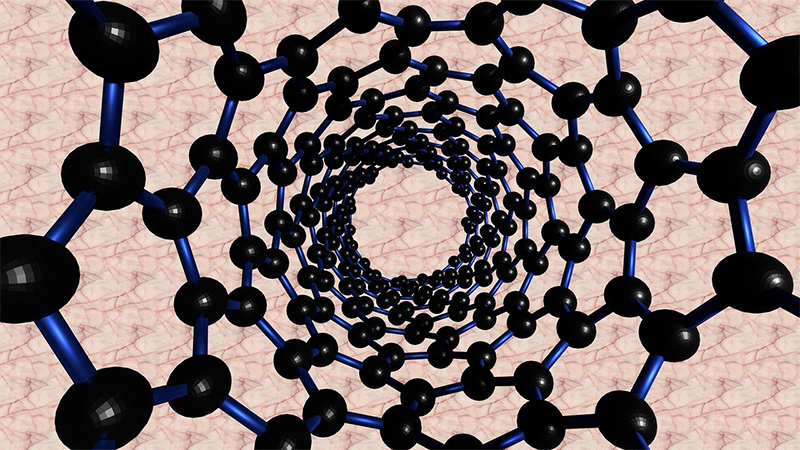
Mizzou Team to Use AI to Grow Carbon Nanotubes in Mass Quantities
A team of Mizzou Engineers is turning to artificial intelligence (AI) to help grow and control large quantities of carbon nanotubes—tiny, cylinder-shaped molecules made of rolled sheets of carbon. Using AI is a novel approach to mass producing them, a problem that has plagued scientists for decades. Now, the National Science Foundation is backing the idea with an award funding the group’s research for three years.

Genome Sequences Could Be Key to COVID-19
The secret to surviving COVID-19 could be locked in our DNA. Researchers are analyzing genome sequences to find clues about why some people are more susceptible to the virus. Right now, doing that work comes with a hefty price tag. But Praveen Rao is developing a way for more scientists to unlock that information for free.
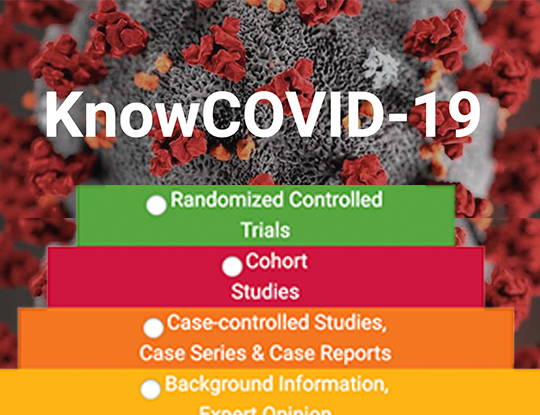
Site Connects Users to Reliable Information About COVID-19
Looking for reliable information about COVID-19? Want to access articles quickly without having to sort through hundreds of journal articles? You’re in luck. Graduate students at Mizzou Engineering have developed a tool to help you sift through resources fast.

Past Participants Tout Benefits of REU Program
Students from across the country will spend the next 10 weeks developing consumer networking skills. It’s part of a Research Experiences for Undergraduates, or REU, program at Mizzou Engineering funded by the National Science Foundation. And for some, it’s life changing.

Mizzou Engineering’s Chadha protecting your data, identity
While hacking databases is the main way for interested parties to gain users’ personal information, it’s not the only possibility. Intrepid attackers can use perfectly benign means to do so. How? By using readily available aggregate data — for example: census data, medical data focused on how many people in an area suffer from a specific illness, consumer trend data, etc. — and using it to focus on specific individuals.